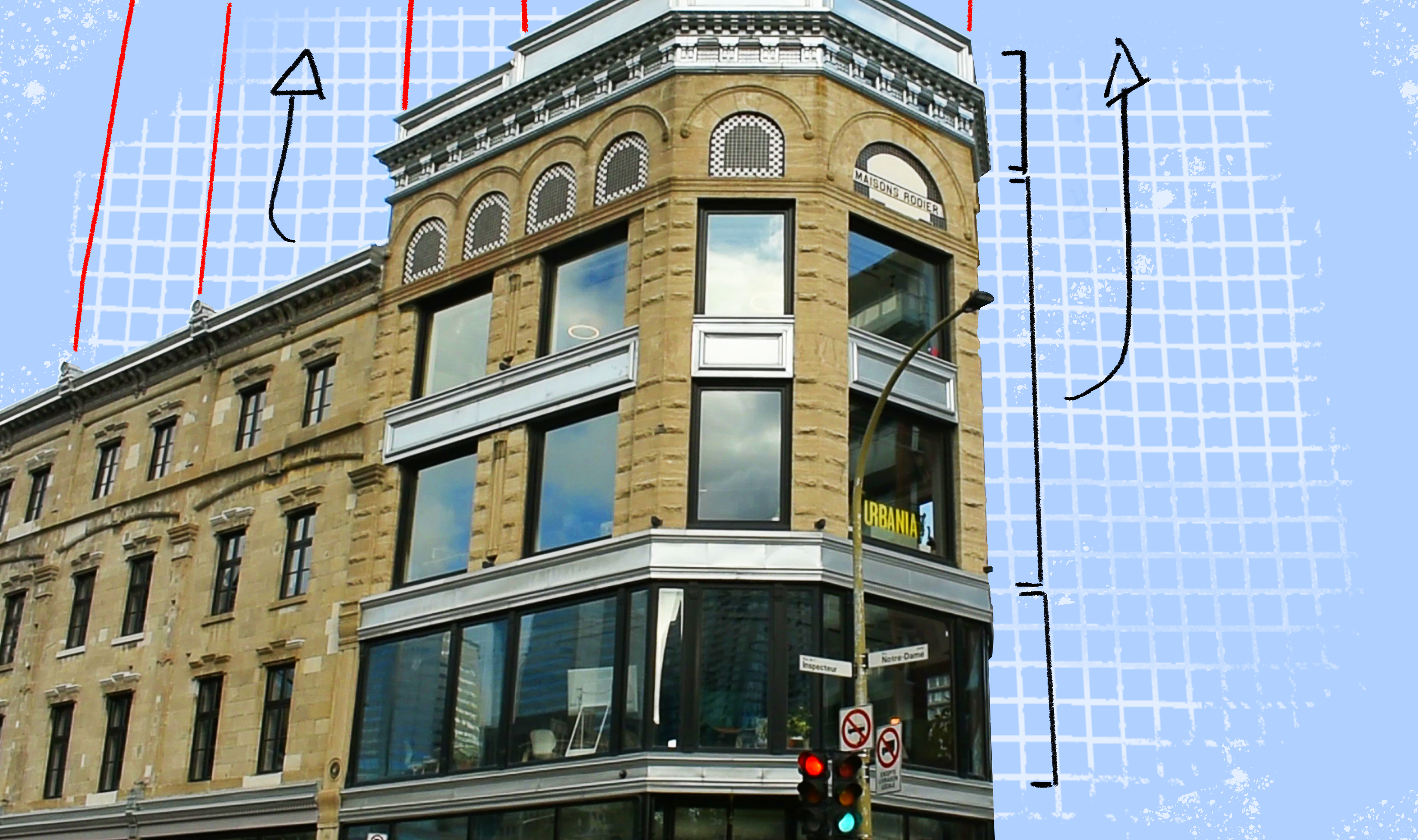A new take on student housing finally puts students first.
Students are struggling to find affordable housing in Montreal, and ever since the tuition hikes and the recent rent increase, they aren’t left with many options.
More affordable housing will soon be available for students who need it. A new non-profit housing project has been announced by l’Unité de travail pour l’implantation de logement étudiant (UTILE), a Quebec company that develops student housing. It will be located in the heart of the Griffintown neighborhood, with close proximity to Concordia and McGill University.
This new project aims to create more affordable housing for students. The name attributed to the building is “Le Cardinal,” and will be approximately 18 stories high, housing thousands of students.
According to UTILE’s website, “the 290-unit project meets the growing demand for student housing by creating a living environment that promotes academic success, exchange, and concentration.”
A study conducted by a non-profit organization showed that in the province, 77 per cent of university students are renters. Oftentimes, three or four students are crammed in little apartments because they just cannot afford to pay the rent alone. Many are also unfortunately taken advantage of by their landlords, and this has become increasingly common in the past year.
Craig Sauvé, one of the city councilors of Montreal’s South-West borough, said that many students struggle with inflation and the housing crisis. They have fewer resources to be able to house themselves adequately in good areas with access to public transportation.
Most of the current construction in Griffintown is private housing, built by developers for profit. Even so, because UTILE is a non-profit group, they have different finances. The councilor says having non-profit housing in Griffintown is an opportunity to have two different types of housing in the area.
“When UTILE came to us, at the very early stages of the project, they said they’d like to do something, but it must be at a high density,” Sauvé said.
The city of Montreal and UTILE have both decided that the entirety of Montreal and the Griffintown area would benefit from affordable student housing. Overall, this would help transform the area into a vibrant, diverse, and more sustainable neighborhood.
With gains like that, Sauvé said the council was very receptive to the idea, wanting to correct the past mistakes in terms of affordability in Griffintown. He believes that welcoming more students to the area will also help bring creativity, livelihood, and energy to the neighborhood. The council thinks it’s a big win for Griffintown and Montreal.
However, many residents are not as receptive to the idea. Despite this project being an opportunity to house students in need. Residents are not particularly happy with the new construction plans. They say the 18-story building will be completely out of balance with the neighborhood, sitting twice as high as the residential and historical buildings around it.
The councilors understand their concerns, but this decision was made for the greater good, according to Sauvé.
“When the project was presented to the city council, all 55 members of the committee voted in favor of the UTILE project, it was unanimously supported by all,” Sauvé said. From that point on, the city decided to move forward with the project.
Other Griffintown residents have also spoken out, saying that they very much welcome the project and that it will benefit the neighborhood.
The project is expected to be completed before the start of the school year in 2027.
